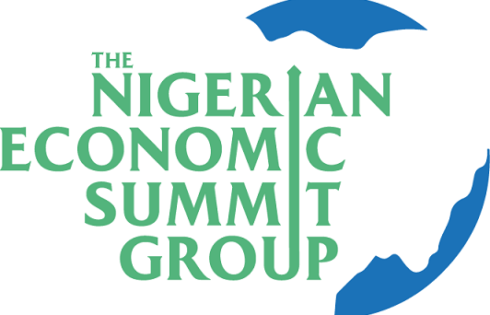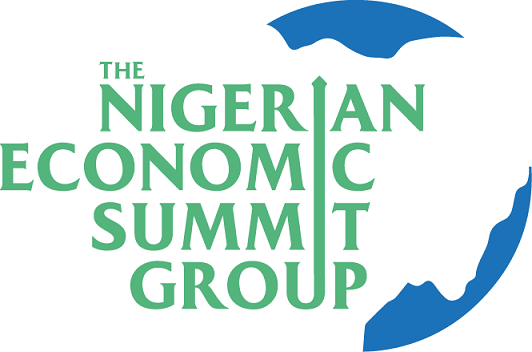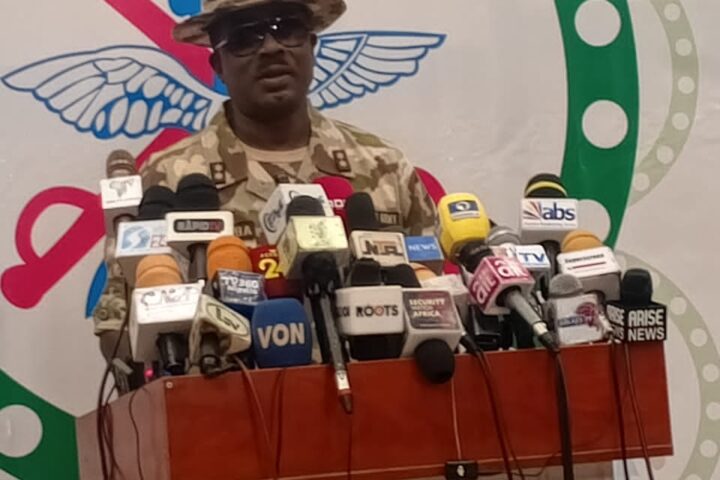
The Nigerian Economic Summit Group (NESG) has invited application for its non-Resident Fellowship Programme (NRFP) which will bring together outstanding intellectuals and leaders to co-develop a better economy and country for Nigerians.
The group’s Head, Corporate Communications,Yinka Iyinolakan explained that NRFP is a merit-based fellowship administered by the NESG, a private sector think-tank and policy advocacy group.
He said the conceptualisation of policy issues and policy solutions’ framing in Nigeria are mostly not driven by research and impact studies.
According to him,many policies produce unintended outcomes for economic agents, adding that at a broader level, these practices slow down economic activities and delay the developmental process.
He added:“To address this gap and change the status quo, the Nigerian Economic Summit Group (NESG), Nigeria’s foremost private sector-led think-tank and policy advocacy group, created the Non-Residential Fellowship Programme (NRFP). This programme will bring together outstanding intellectuals and leaders to co-develop a better economy and country for Nigerians. The programme will encourage collaboration and ideas sharing to ensure that research findings can be applied in practice”
He said Non-Residential Fellowship is open to both Nigerians and non-Nigerians in the diaspora who are willing to contribute to the development of the country and are committed to contributing to the NESG mandate of promoting sustainable economic development in Nigeria through research and advocacy.
He said the Fellowship is non-residential and will last for two calendar years.
He added:“The Programme will be project-driven, and Fellows will have the opportunity to collectively work on research ideas under the NESG platform targeted at the following areas: Economics and Development; Public Governance and Institutions and Digital Economy. Furthermore, the NRFP is open to PhD and MSc holders but first-Degree Holders who have demonstrated remarkable achievements and expertise in their respective fields will also be considered.
“Candidates are expected to have interests in policy research and advocacy, with relevant work experience with research and development institutions considered important. Candidates should also be associated with an academic or research institute, proficient in both verbal and written English Language and those with published works in reputable journals will be highly considered.













